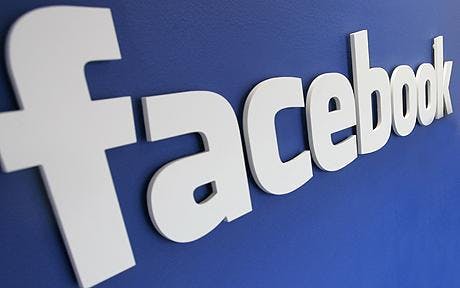By Eric B. Meyer
Last year at about this time, I blogged about a case involving some employees who thought that their employer had underpaid them.
So, they discussed the matter at work. And then continued their conversation on Facebook, where they used language that wouldn’t quite make a Philadelphia Eagles fan in the 700 level of old Veteran’s Stadium blush.
But, it would have earned one of my kids some soap in the mouth.
Cursing about work online may be protected
Several employees lost their jobs due to what the company perceived as disloyalty. So, they filed unfair labor practice charges with the National Labor Relations Board.
The former employees claimed that they were unlawfully fired for discussing workplace conditions. Generally, discussing workplace conditions is protected under the National Labor Relations Act.
But what if customers view the posts?
The NLRB agreed with the employees and the company appealed to the Second U.S. Circuit Court of Appeals in New York. There, the employer argued that, because the employees used obscenities on Facebook, and customers viewed those obscenities, their otherwise “protected behavior” under the National Labor Relations Act lost that protection.
Nice try.
Online speech versus conversations at work
The appellate court, in Triple Play Sports Bar and Grille v. NLRB, pragmatically distinguished between an employee using obscenities in the workplace in front of customers and posting comments online.
Almost all Facebook posts by employees have at least some potential to be viewed by customers. Although customers happened to see the Facebook discussion at issue in this case, the discussion was not directed toward customers and did not reflect the employer’s brand. The Board’s decision that the Facebook activity at issue here did not lose the protection of the Act simply because it contained obscenities viewed by customers accords with the reality of modern‐ day social media use.”
The appellate court was particularly concerned that restricting employees online to “if you don’t have anything nice to say…” would chill employee speech. Indeed, not only did the appellate court uphold the NLRB’s decision to reinstate these employees, it also affirmed the NLRB’s conclusion that the company’s Internet/blogging policy was overly broad.
Takeaways for employers
So, what recourse do employers have when employees act unprofessionally online?
- Employees are not protected when they aren’t discussing workplace conditions. This recent post is a good example.
- An employee acting alone is not protected. The National Labor Relations Act protects “concerted” activity. Generally speaking, acting alone is not “concerted.” Rather, that’s griping. So, you can discipline that employee.
- There are limits to what a group of employees can say about the company. The Second Circuit opinion suggests that if the comments at issue had disparaged the company’s products or services, then they would not have been protected.
- If you learn that employees are bashing the company online, give your boiling blood some time to cool down. Then, take a carefully measured approach. This can be a tricky area to navigate.
This was originally published on Eric B. Meyer’s blog, The Employer Handbook.
